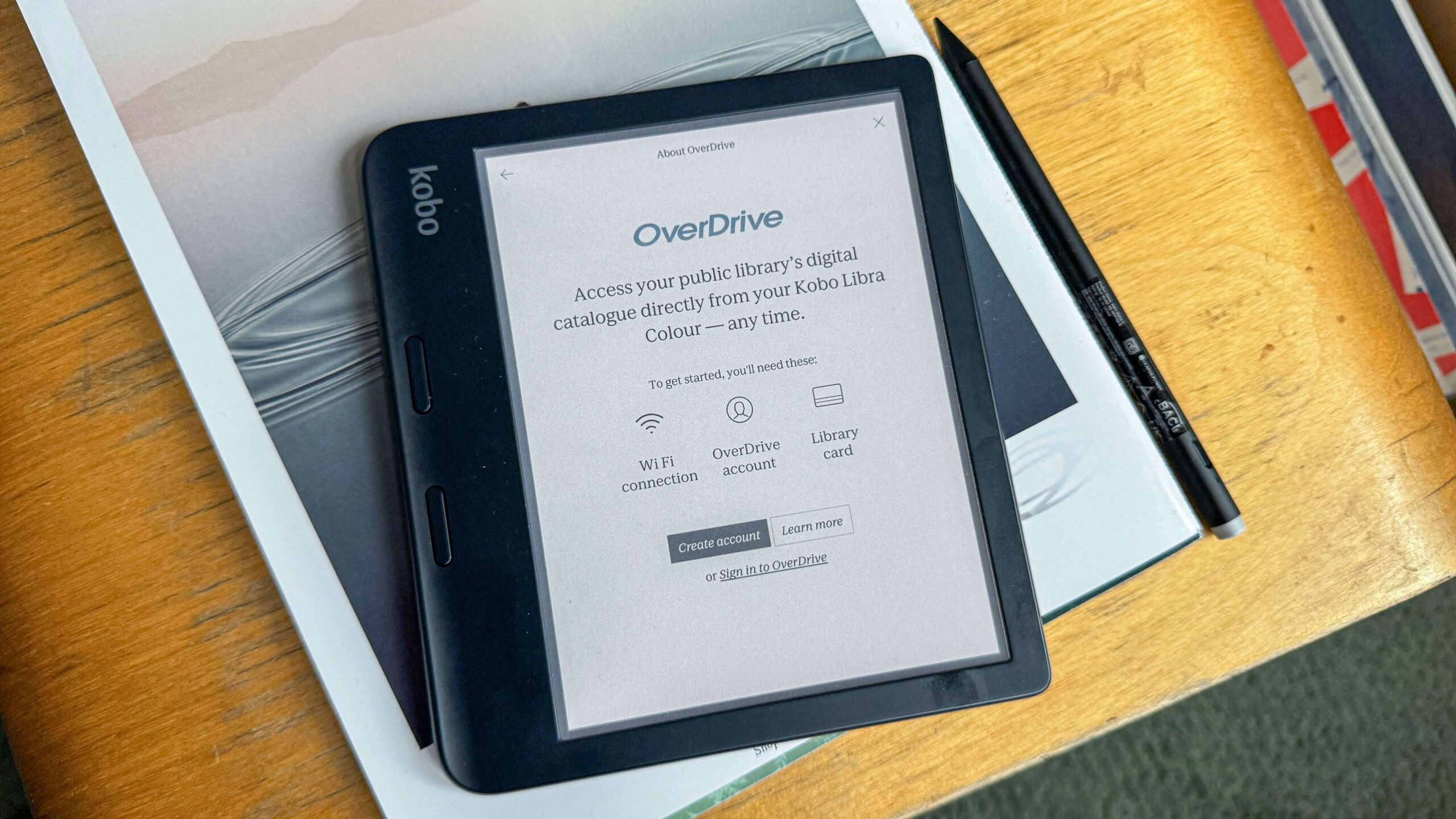Technology
Rakuten Kobo Faces Challenges with Over-Reliance on Third Parties

Rakuten Kobo, a prominent player in the e-reader market, is grappling with significant challenges due to its heavy reliance on third-party services for its e-reading software. Unlike its competitor, Amazon, which has developed a robust in-house ecosystem, Kobo’s strategy of outsourcing software solutions may jeopardize its long-term sustainability.
The company’s approach involves utilizing various external systems for critical functions. For instance, Kobo has depended on third-party providers for its delivery systems and recently for reading web articles. This strategy extends to customer service, which has been outsourced to developing countries, further distancing Kobo from direct consumer engagement.
In contrast, Amazon has built its own comprehensive suite of tools to minimize reliance on external partners. The tech giant not only owns the Kindle platform but also integrates features like Goodreads, which is widely used for book discovery and reading goals. Moreover, Amazon’s “Send to Kindle” feature allows users to easily transfer e-books to their devices, enhancing user experience.
Amazon has also expanded its portfolio with acquisitions like Comixology, a leading digital comics platform. This provides users access to a vast collection of comics, graphic novels, and manga, significantly enriching its content offerings. Additionally, Amazon’s X-Ray feature offers readers quick insights into the context of characters and settings in e-books, enhancing the overall reading experience. The company also owns Audible, the largest audiobook distributor, solidifying its dominance in the digital reading space.
While both Kobo and Amazon rely on publishing partners to build their catalogs, Amazon’s strategy grants it a competitive edge. The company owns approximately twelve publishing imprints, which allows it to sign authors for exclusive distribution on its platform. Furthermore, Amazon operates Kindle Direct Publishing (KDP), the leading self-publishing platform that incentivizes authors with higher royalty rates under specific exclusivity agreements.
Kobo does offer its self-publishing service, known as Kobo Writing Life, but it is not as comprehensive as KDP. Authors who publish on Kobo often utilize multiple platforms, including Amazon and Smashwords, to maximize their reach. Notably, Kobo does not operate any publishing imprints, limiting its unique offerings in the market.
Recently, Kobo introduced a Send to Kobo system designed for users who sign up for a paid membership with NetGalley, which distributes advance reader copies (ARCs). This feature, however, is not accessible to the general public, raising questions about its value proposition.
The company also undertook a significant overhaul of its app for iOS, resulting in one of the top-rated e-reading applications on the market. Nonetheless, unlike Amazon, which developed a Lite app for users with less powerful devices, Kobo has not provided a similar option for its customers.
Kobo’s dependence on third-party partnerships has proven profitable in the short term, reducing the need for extensive engineering resources. However, the recent closure of Mozilla Pocket, a service that facilitated content reading, highlights the risks associated with such an approach. The absence of reliable partners may soon complicate Kobo’s operations.
Michael Kozlowski, the editor-in-chief at Good e-Reader, has extensively covered the e-reader landscape for over fifteen years. His insights have been featured in numerous reputable publications, including the New York Times and CNET. Based in Vancouver, British Columbia, Kozlowski emphasizes the need for Kobo to develop its own solutions to remain competitive.
As the e-reader industry continues to evolve, Rakuten Kobo faces mounting pressure to reassess its reliance on third-party services. The need for innovation and self-reliance has never been more critical as the company navigates a landscape dominated by competitors like Amazon.
-

 World3 months ago
World3 months agoScientists Unearth Ancient Antarctic Ice to Unlock Climate Secrets
-

 Entertainment3 months ago
Entertainment3 months agoTrump and McCormick to Announce $70 Billion Energy Investments
-

 Science3 months ago
Science3 months agoFour Astronauts Return to Earth After International Space Station Mission
-

 Lifestyle3 months ago
Lifestyle3 months agoTransLink Launches Food Truck Program to Boost Revenue in Vancouver
-

 Technology2 months ago
Technology2 months agoApple Notes Enhances Functionality with Markdown Support in macOS 26
-

 Top Stories1 week ago
Top Stories1 week agoUrgent Update: Fatal Crash on Highway 99 Claims Life of Pitt Meadows Man
-

 Sports3 months ago
Sports3 months agoSearch Underway for Missing Hunter Amid Hokkaido Bear Emergency
-

 Politics2 months ago
Politics2 months agoUkrainian Tennis Star Elina Svitolina Faces Death Threats Online
-

 Technology3 months ago
Technology3 months agoFrosthaven Launches Early Access on July 31, 2025
-

 Politics3 months ago
Politics3 months agoCarney Engages First Nations Leaders at Development Law Summit
-

 Entertainment3 months ago
Entertainment3 months agoCalgary Theatre Troupe Revives Magic at Winnipeg Fringe Festival
-

 Politics1 week ago
Politics1 week agoShutdown Reflects Democratic Struggles Amid Economic Concerns




















